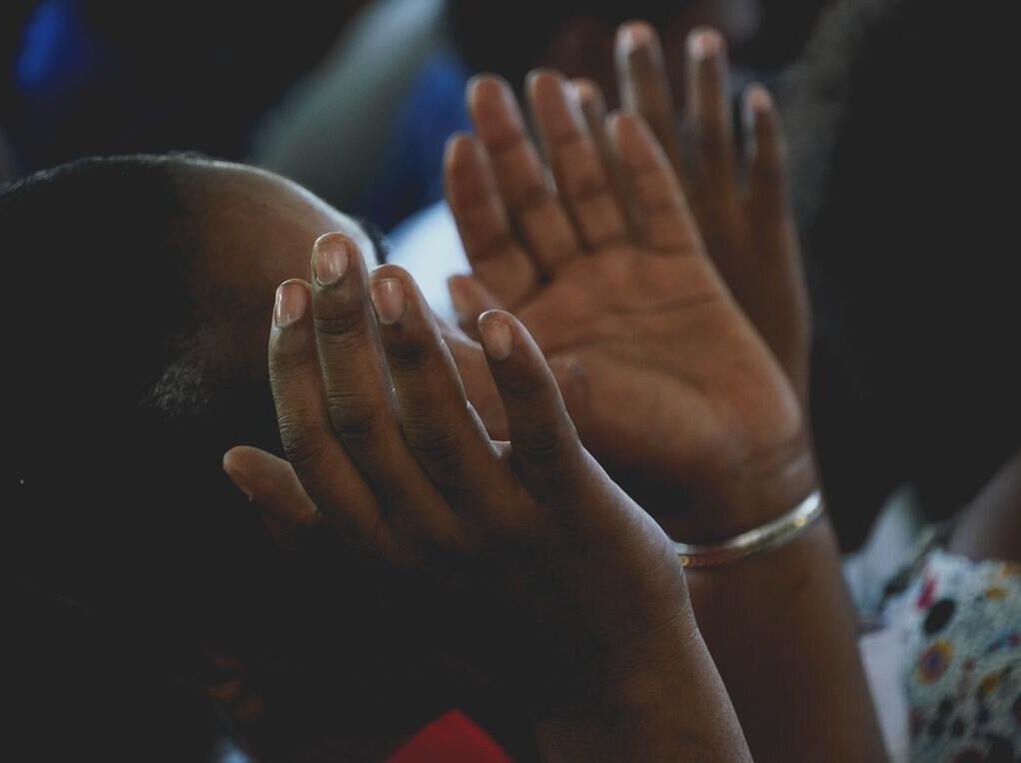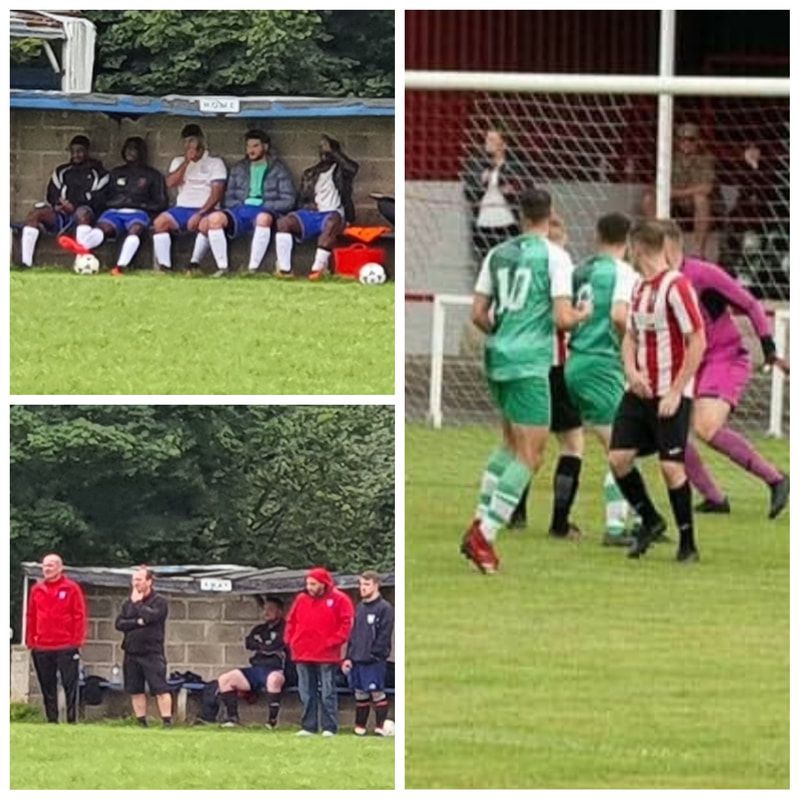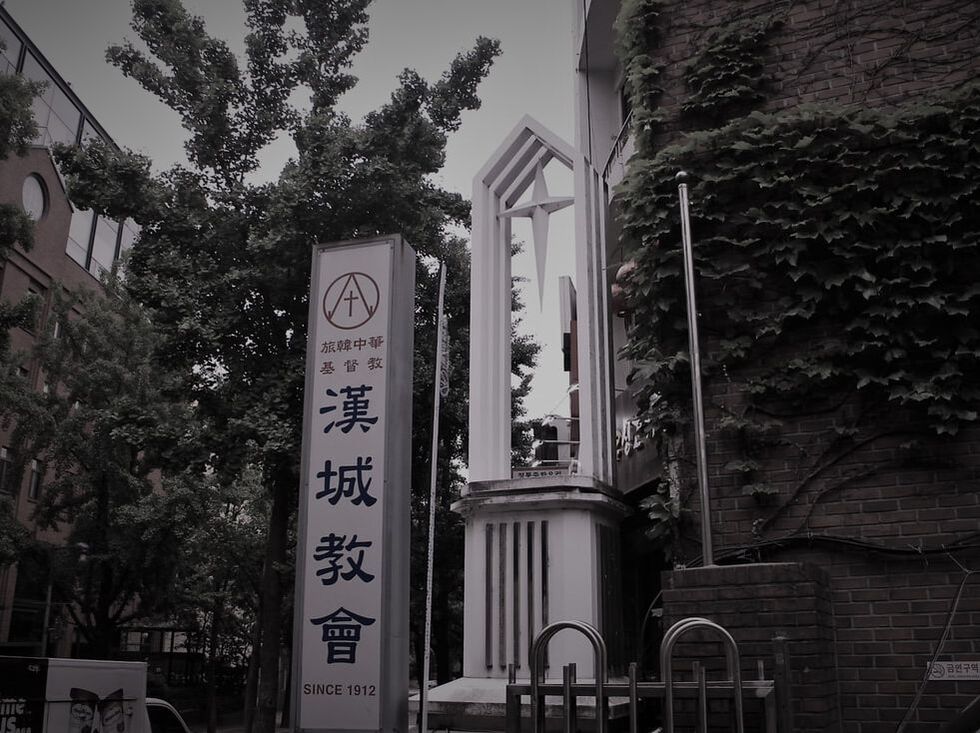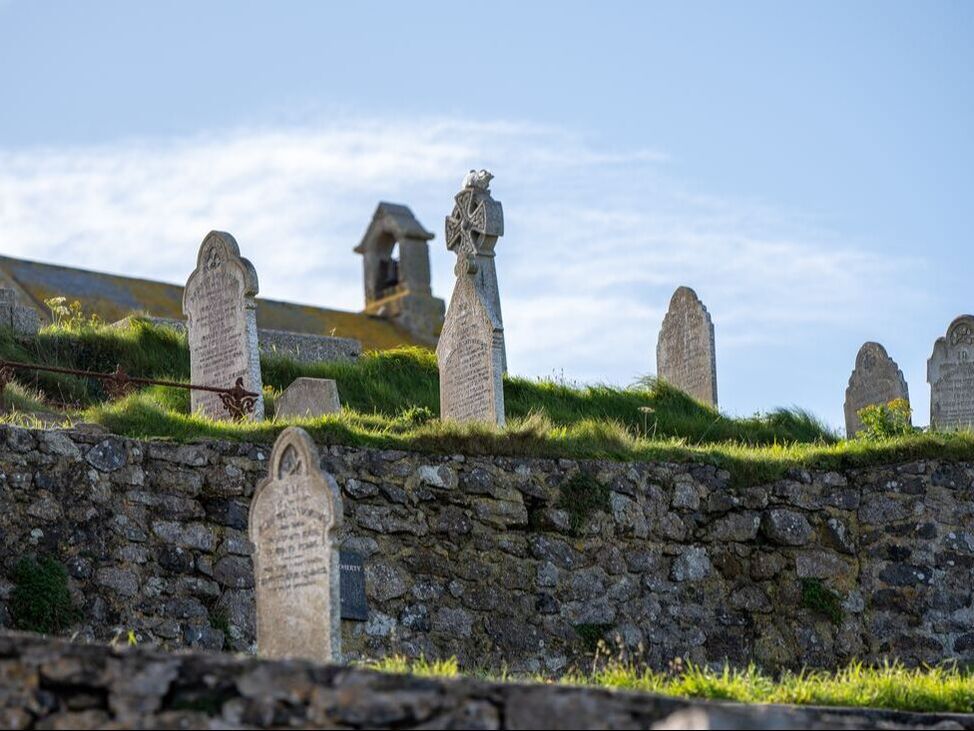|
|
|
As the COVID-19 pandemic rendered people around the world homebound, home for some US citizens turned out to be the colonial town of Granada, along the shores of Central America’s largest lake, Lake Nicaragua, in a country many of these settlers had known only as the bloody battleground of the revolutionary Sandinistas and the counter-revolutionary (US-Backed) Contras.
These ‘expats’ began migrating to Nicaragua, in earnest, in the early 2000s (though an American presence in the country extends much further back in history). They are drawn by a quest for adventure, but also by affordable, spacious Colonial-era homes, maids and gardeners, and upscale restaurants in a country ranked second poorest in Latin America. In stark contrast to the attention focused on ‘caravans’ of migrants fleeing Central America en route to the US, these US citizens and other north-south migrants go generally unnoticed in the public discourse on global migration. My Identities article, ‘Rooted in relative privilege: US ‘expats’ in Granada, Nicaragua’, examines this group of international migrants, incorporating some of the same concepts used to study their counterparts moving from the Global South to the Global North. Based on fieldwork in Granada, Nicaragua and in-depth interviews with 30 US citizens who have made their homes there, I focus on how these individuals negotiate a sense of identity and belonging as US citizens residing full-time in Nicaragua.
0 Comments
Scholarship on the different ways that international development is understood, accessed and engaged by various communities, is often contextualised by analyses of how these complex practices are communicated to (and received by) audiences. This includes established motifs of poverty and social deprivation in visual discourses of ‘charity’ and ‘need’ that abound literature, film, television and the social media of western democracies. Indeed, insights have also been drawn from quantitative and experimental measurements of people’s philanthropic propensities and attitudes towards ‘distant others’. While these are well established, less considered are the broader understandings of development that are informed by religion and faith subjectivities, especially for African diaspora communities engaged in international and local forms of development. Addressing this gulf in knowledge has important implications for the scholarly and programmatic application of development and attendant policy recommendations. This is especially true when recognising African diaspora identities as critical for engendering particular forms of cooperation and alliance with religious members of these communities. So too, how and to what extent their religious orientations shape and determine their different priorities, strategies and traditions of ‘help’ and ‘giving’ in and for their countries and communities of heritage.
As such, are we to assume that religion(s) and faith identifications are inconsequential or secondary to how diasporas participate in and negotiate understandings of international development? Or are they much more significant and constitutive than we think? Is there space for religiously informed interpretations of international development that move beyond its definitional and operational preoccupation with technocratic rationality to allow for new and extended conceptual possibilities? All these speculative questions and theoretical possibilities constitute the intellectual space within which my Identities article: '"An outward sign of an inward grace": how African diaspora religious identities shape their understandings of and engagement in international development’, is concerned. COVID-19, BAME communities and local football: can local BAME football win against COVID-19?16/9/2020
On 26 May 2020, professional football in England resumed after a three-month shutdown in response to the COVID-19 outbreak in the UK. The disproportionately high COVID-19-related mortality rates among Britain’s black, Asian and minority ethnic (BAME) communities prompted some debate among football professionals, journalists and academics as to the potential higher risk ‘project restart’ posed for black professional footballers compared to their white peers (Minhas et al, 2020). Nonetheless, the launch commenced, and fears were alleviated (initially at least) by the implementation of a robust test, track and trace system and by clubs operating extraordinarily high levels of surveillance and control over their players’ daily activities.
On 12 September, the Football Association in England (FA) ‘restarted’ the non-professional format of the game. By comparison, there has been much less public scrutiny of this roll-out, and especially in relation to broader questions around public health. Or to the potential of local football to contribute to the disproportionately high COVID-19 mortality rates among Britain’s minority ethnic communities. The absence of debate is quite remarkable given that, according to the FA, there are currently over 3,000 non-professional women’s, men’s, youth and mini-soccer football clubs that play on a ‘Saturday’ across England, compared to just 92 professional clubs. This is also surprising given the long history and relationship between local football and Britain’s BAME communities.
Korea has been said to be one of the most racially and culturally homogenous countries in the world. Although many critics claim that this is a 'myth', it is true that the country has not suffered from the racial and religious conflicts that have troubled so many countries. This alleged racial homogeneity may make a different race the primary indicator of 'the stranger' in Korea.
Thus, I was somewhat surprised by the descriptive statistics from a nationally representative survey of the permanent and naturalised immigrants in Korea conducted in 2013. According to the survey, the majority of immigrants who experienced perceived discrimination believed that they were discriminated against because of their national backgrounds, and not race, religion or economic status. From the respondents’ perspective, Koreans seem to be very proud of their nationality. If, as the immigrants claim, Koreans are so proud of being Korean, what is the source of that national pride? Further, could it be the way they justify discrimination against immigrants? My Identities article, 'Constructing Chineseness as other in the evolution of national identity in South Korea', addresses these questions. Drawing on scholarly publications, newspapers, policy reports, surveys and films, I compared two different Chinese immigrant groups who came to Korea in different eras. I traced the narratives of Chineseness used to construct Chinese immigrants as strangers and examined how these narratives are related to Koreans’ evolving self-perceptions. The country’s national goals and sources of pride – in particular, historical eras – constitute the national subjectivity. As the most immediate strangers, Chinese immigrants have been easy targets for Koreans to demonstrate and confirm the new national identities they desire.
Death is often thought to hold a special place in Irish culture, or even, for some anthropologists, to be indicative of a morbid fixation on the part of Irish people more generally. One academic has even stated that ‘the Irish death fixation… is a cultural fact that cannot be ignored’. Of course, we can easily dismiss such attempts to cast an entire people as possessing some essential, psychic quality as a heavy-handed failure to appreciate the diversity of attitudes and experience within a nation.
Nevertheless, death remains a feature of Irish political, social and cultural life even if it is not the primitive atavism that some might claim. The mobilisation of death in political ways is explored in my Identities article, ‘Racial capitalism, hauntology and the politics of death in Ireland’. One example of the politicisation of death can be seen in the document that proclaimed the birth of an independent republic in 1916. It stated that it was from ‘the dead generations’ that Ireland ‘receives her old tradition of nationhood’. The dead are mobilised in pursuit of an archetypically modern political project – the establishment of a democratic nation-state. |
|
Explore Identities at tandfonline.com/GIDE |
|
The views and opinions expressed on The Identities Blog are solely those of the original blog post authors, and not of the journal, Taylor & Francis Group or the University of Glasgow.





